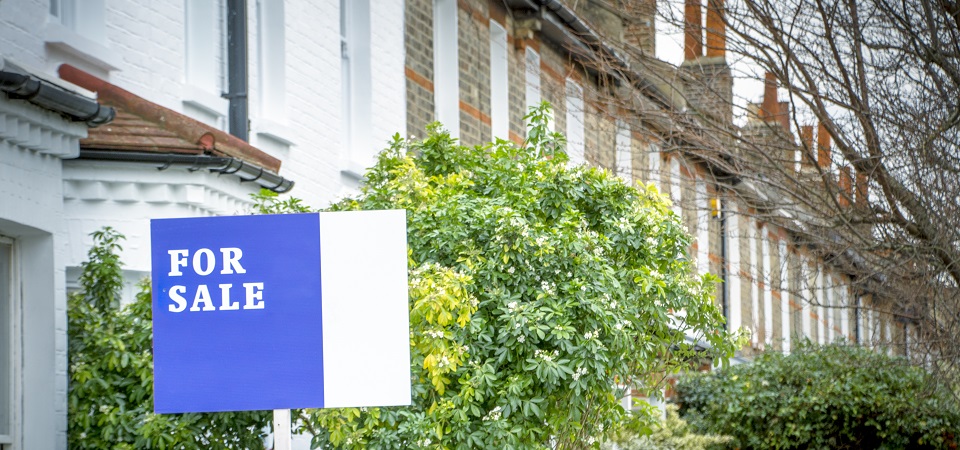Following months of lockdown – and with house viewings put on hold – in July, the Chancellor announced a stamp duty land tax (SDLT) holiday to help boost the economy and kick-start the housing market.
Here, director and residential conveyancing expert Graham Ireland explores what the stamp duty holiday means for residential property purchases, and why those looking to move home must act without delay.
Big savings
Apart from some exceptions, the measure means those who purchase a main residence worth up to £500,000 and complete on the transaction between July 8, 2020 and March 31, 2021, will pay no tax on the property.
The SDLT holiday means big savings. If the concession were not in place, someone buying a property for £250,000 would normally be taxed £2,500, while stamp duty on a £500,000 home would usually amount to £15,000. The temporary abolishment could therefore save home buyers up to £15,000.
Savings on additional property purchases
The measure also benefits those buying an additional property, however not to the same extent. Stamp duty will still need to be paid, but at a reduced rate.
The measure will see second properties being bought for up to £500,000 incur a three per cent SDLT surcharge. For homes worth more, a further eight per cent will be charged on the portion above this up to £925,000, 13 per cent between £925,001 and £1,500,000, and 15 per cent on anything above £1,500,001.
Additional homes worth under £40,000 are exempt.
A housing boom
Unsurprisingly, the stamp duty holiday has hugely stimulated the housing market, and with people spending more time in their homes during lockdown, many have identified a need for more space or a desire to relocate to more rural locations.
Another contributory factor is that during lockdown, many potential buyers were frustrated that they had seen properties for sale which restrictions did not allow them to view.
This marriage has driven a mini housing-boom, with the average asking price of a UK home rallying to record highs. Understandably, there also continues to be a surge in those wanting to complete their home purchases before the SDLT holiday comes to an end.
Time is of the essence
While the typical house sale transaction takes around 12 weeks, the COVID-19 backlog and spike in housing market activity means property transactions are taking weeks longer than usual to complete following the point of sale.
Anyone looking to buy should take these timescales into consideration when house hunting and also budget for the extra amount they will have to pay if the deadline cannot be met.
At WHN, we will always work within our clients’ best interests to push matters through as quickly as possible, but buyers need to keep in mind that there are several parties typically involved in a property transaction.
While there have been calls for the Chancellor to extend the SDLT holiday, it is not guaranteed to happen, so anyone looking to move home is urged to act fast or risk missing the deadline and losing out on the savings.
Graham Ireland is a director based at WHN’s Blackburn office. Graham helps advise clients on a range of conveyancing matters including the buying and selling of residential homes and commercial property, as well as preparing property leases. To contact Graham, call him on 01254 272640 or email graham.ireland@whnsolicitors.co.uk













